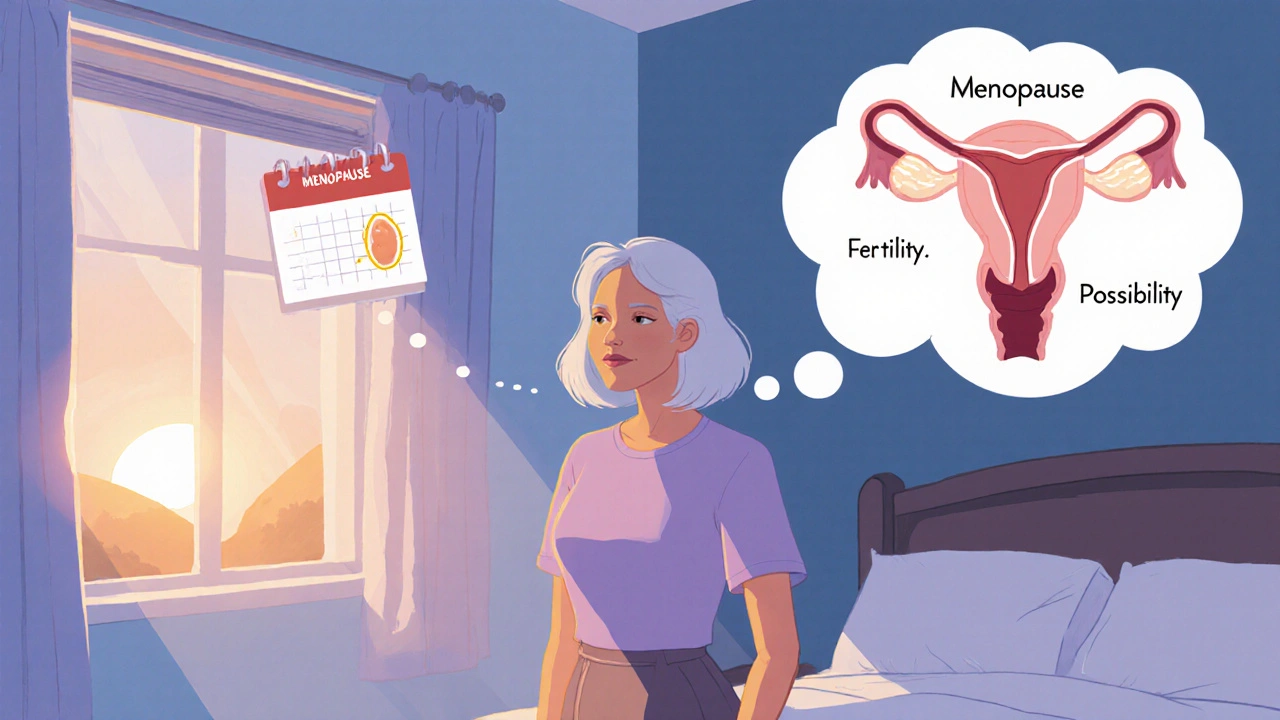Egg Donation: What You Need to Know
When talking about egg donation, the process where a woman provides eggs for another person or couple to achieve pregnancy. Also known as egg sharing, it bridges the gap between infertility and parenthood. In vitro fertilization, a lab technique that combines eggs and sperm outside the body often relies on donated eggs, creating a direct link between the two procedures. This connection means anyone considering IVF should understand how egg donation fits into the overall treatment plan.
Key Aspects of Egg Donation
First, donor screening, the medical and psychological evaluation of potential egg donors ensures safety and success. Screening covers infectious disease testing, genetic history, and emotional readiness, which directly influences the quality of the eggs. Second, the donor undergoes hormone stimulation, a regimen of medications that induce the ovaries to produce multiple mature eggs. This step requires careful monitoring to avoid complications such as ovarian hyperstimulation syndrome. Third, after retrieval, many clinics offer cryopreservation, the freezing of eggs for future use, which adds flexibility for both donors and recipients. Together, these sub‑processes form the backbone of a successful egg donation cycle.
Legal and ethical considerations also shape the landscape. Contracts outline the rights of donors and recipients, while regulations differ by country and even by state. Understanding these rules helps avoid surprises later on. With the science, screening, and legal framework in place, you’ll find that the articles below cover everything from hormone protocols and donor eligibility to post‑transfer care and emotional support. Dive in to get the practical insights you need for each stage of the egg donation journey.
Menopause and Fertility Options Explained
- Laura Ledas
- Oct, 17 2025
Explore how menopause affects fertility and learn real options-egg donation, IVF, HRT, and surrogacy-to help you decide the best path to parenthood after menopause.
Learn More